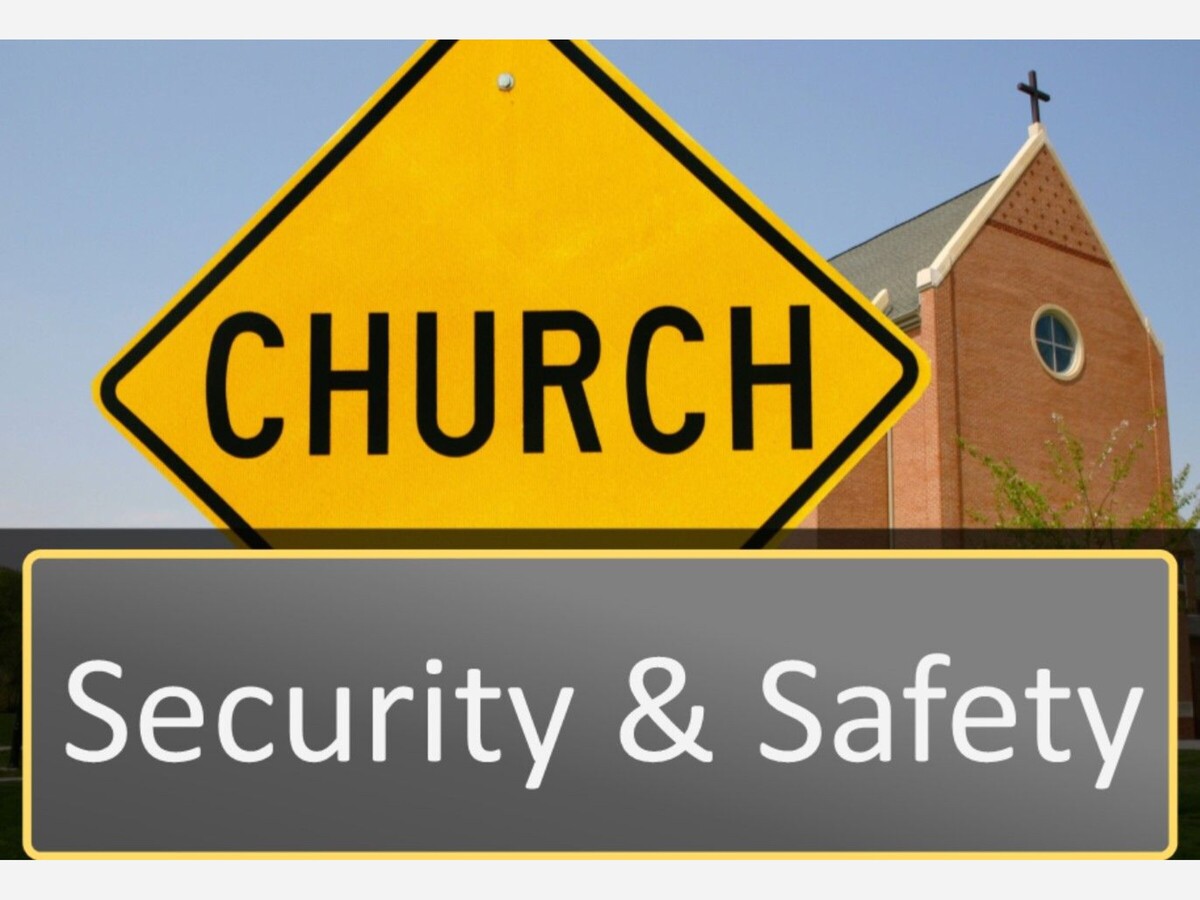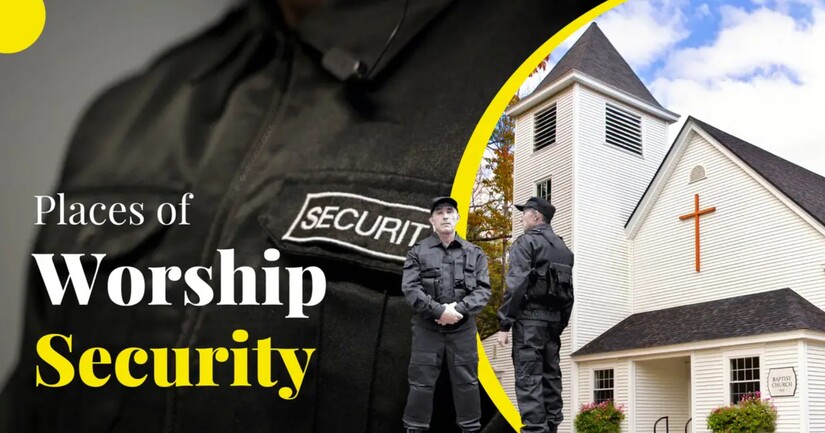Image


MINNEAPOLIS, MN — A renewed “sense of urgency” is driving faith leaders across the Twin Cities and beyond to strengthen security measures at their houses of worship, two months after the mass shooting at Annunciation Catholic Church in Minneapolis left two children dead and more than a dozen others injured.
The August 27 attack occurred during a school-wide Mass, shattering a community and sending ripples of grief and alarm throughout Minnesota’s faith institutions. Now, many churches are responding not only with prayer but with planning.

That call to action was visible on Saturday, October 25, when the main auditorium of Westwood Community Church filled—not for Sunday service, but for strategy. More than 100 congregations gathered for Securing Sacred Spaces: Houses of Worship Security Summit, an event hosted by Kingswood Security Consulting.
The summit focused on practical safety and preparedness, featuring expert-led presentations on topics such as federal security grants, liability protection, legal trends, and how to build or strengthen in-house safety teams. Representatives from the Minnesota Bureau of Criminal Apprehension and the Hennepin County Sheriff’s Office were also present, highlighting collaboration between law enforcement and faith organizations.
“Since Annunciation, I’ve had 50 phone calls from a variety of churches,” said Jim Theis, director of facilities and security at Westwood Community Church, who also served as a speaker at the event. “(You’re wondering) how did it happen? And then I go, ‘Why did it happen? And what could we have done to prevent this?’”
For Simon Osamoh, founder of Kingswood Security Consulting and a nationally recognized expert on faith-based security, the tragedy has changed the conversation.
“I think the Annunciation shooting really created a sense of urgency,” Osamoh said. “People are now starting to say we can’t deny the dangers in the modern world—and what does that look like in a house of worship?”
Osamoh, a former counterterrorism officer with British law enforcement, launched Kingswood in Minnesota to help churches and other faith communities develop balanced security strategies that preserve openness while improving readiness. His firm’s workshops have since become a hub for proactive dialogue among pastors, administrators, and safety teams statewide.
Saturday’s summit emphasized that security planning is as much about mindset as it is about measures. Experts walked participants through risk assessments, emergency communications, and early-minute responses—the critical window before first responders arrive.
“Security is a journey, not a race,” one presenter told attendees. The tone was pragmatic, not fearful: equipping leaders with tools to protect without compromising their spiritual mission.
Faith communities, traditionally centers of welcome and openness, now face the challenge of adapting to modern risks. For many, that means revisiting basic protocols—locking doors during services, training volunteers to recognize warning signs, and formalizing relationships with local police.
While churches across Minnesota strengthen their defenses, Minneapolis residents continue to honor the victims of the Annunciation tragedy through a project that embodies resilience and remembrance.
In the weeks following the shooting, thousands of green and blue ribbons—the colors of Annunciation Catholic School—were tied to trees, fences, and lamp posts across the city as symbols of solidarity. Now, as winter approaches, volunteers are working to preserve them.
The community group Bows of Love has organized an effort to collect an estimated 30,000 ribbons before weather and city street sweeping can destroy them. Rather than being discarded, the ribbons will be turned into a permanent memorial art project coordinated by Annunciation’s art teacher and a professional artist.
Organizers have set an October 31 deadline to gather the bows from public spaces, ensuring that what began as a spontaneous tribute will evolve into a lasting reminder of unity, compassion, and loss.
For faith communities still reeling from the Annunciation shooting, this dual effort—protecting people and preserving memory—reflects the balance they seek moving forward. The pain of August 27 remains raw, but it has also galvanized a new kind of ministry: one grounded in safety, preparedness, and collective care.
As Osamoh put it, “We can’t deny the dangers in the modern world—but we can decide how to meet them, together.”